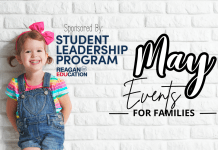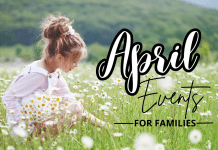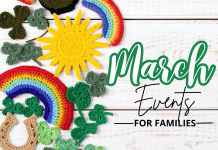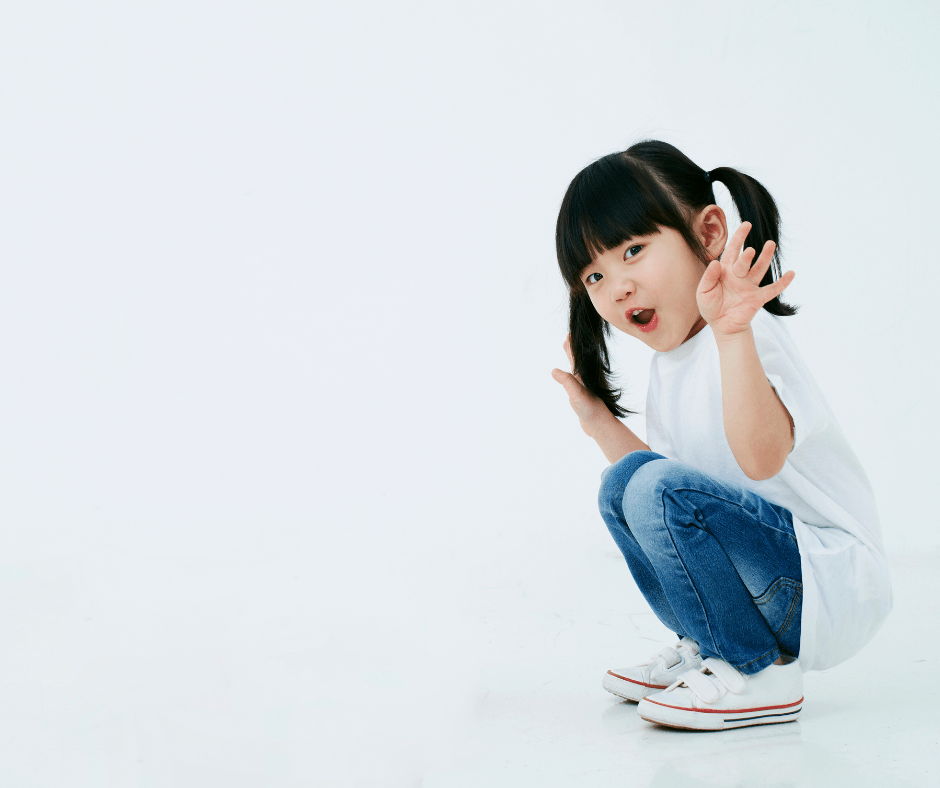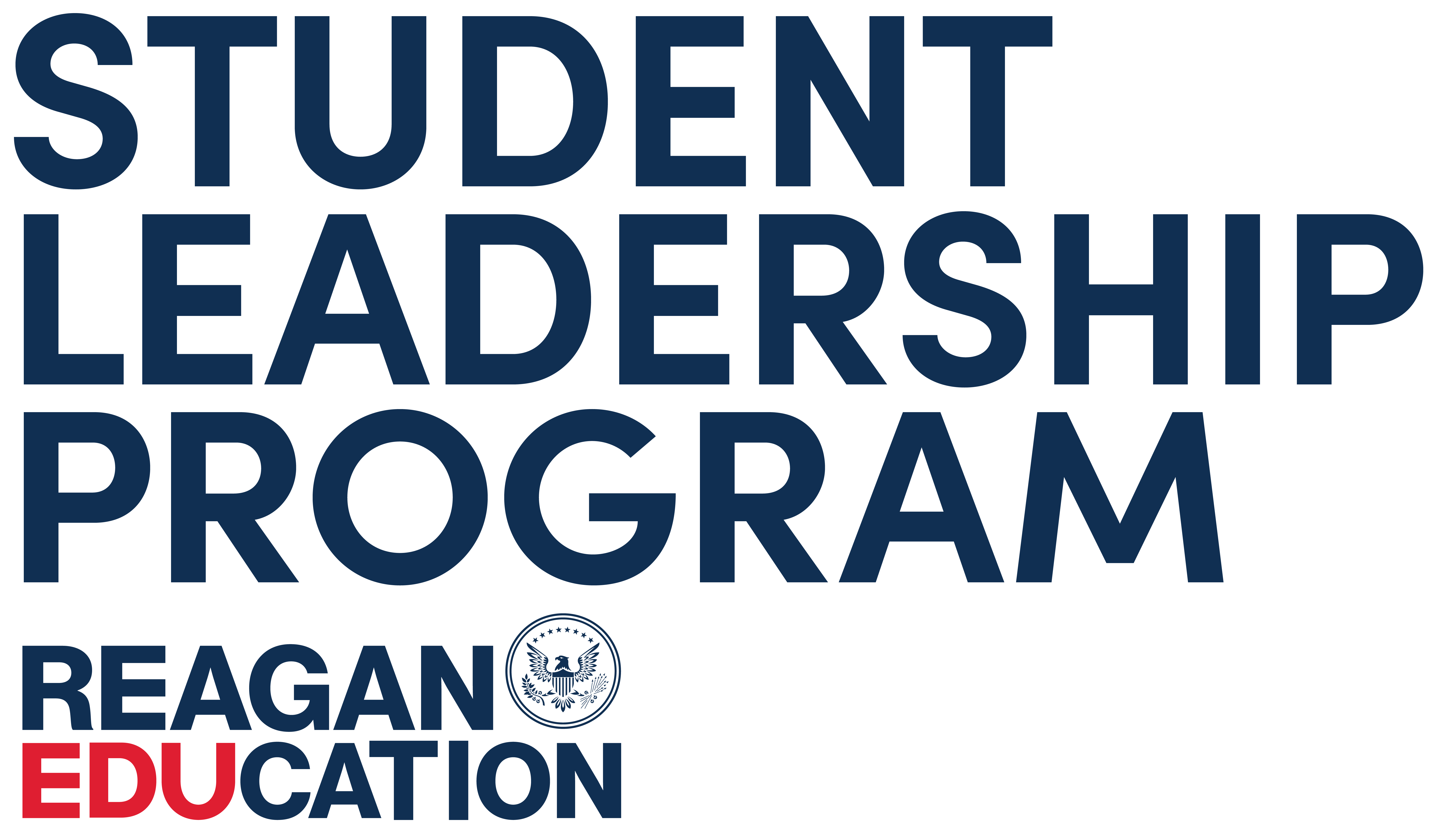$2,500.
The amount my parents paid to adopt a little Korean baby almost 39 years ago.
“It was a lot of money back then,” my mom says.
“I was worth at least double,” I respond jokingly.
I move through life with an easygoing spirit. I don’t take myself too seriously and learn early on to cope with lingering questions about my biological family with humor. I pretend I don’t care.
And you know, mostly I really don’t. Growing up in Southern California has been a dream–my adopted parents, wonderful. My community, safe and kind.
But I would imagine many adoptees, like myself, struggle at times to feel at home in their bodies and their spirits. For better or for worse we grapple with questions of identity, abandonment, suffering, and belonging.
We’re told to “just be thankful for your life” and “everything happens for a reason.” And maybe we ARE profoundly thankful for the lives we’ve lived. Maybe everything DOES happen for a reason. But also, maybe acknowledging how complex the human heart is–how intricately powerful a biological bond was created to be–how strong a sense of home lives within us–we long to explore those spaces without shame and judgment.
We are thankful for what is. We lament for what was lost.
Finding Belonging
I see a picture of my biological father for the first time. He’s handsome. His smile reminds me of my daughter and I realize that for so many years I’ve sat under the weight of curiosity–what do my biological parents look like? Yet, without knowing, I’ve seen them everyday since my daughter was born. They are in her and there is no mistaking the resemblance.
My son downloads the Duolingo app onto an old phone. He practices his Korean so that one day soon we can visit his 할아버지 (Pronounced harabeoji – grandfather) and he can greet him properly. I overhear him practicing–안녕하세요 or ”Onion-haseyo,” the polite way to say hello. I stifle a laugh. His pronunciation is terrible. Then again, mine isn’t much better and I wonder how painful it will be for our Korean relatives to listen to us stumble through their mother tongue. It’s comical and I’m also filled with dread.
No Easy Answer
Time moves forward, life continues on, and I know I’m experiencing what so many adoptees long for. Particularly on the international level, contact with biological families is incredibly uncommon. Most Korean adoptees will never know what it’s like to see whom they’ve come from. They’ll never have the opportunity to ask “why was I given up?”
Yet, being in contact with my family in Korea doesn’t offer quick solutions, immediate understanding, nor even the promise of familial closeness. It’s simply another step. More information to work with. One more piece to what seems like a never ending puzzle.
Open the Conversation
Sometimes I’m asked if I think adoption is a good thing. That’s a complicated question in my opinion and quite honestly, most people don’t ask–they just assume I think it is–because where would I be if I hadn’t been saved from a life as an orphan? My answer? I don’t know and I’m not certain that’s even the right first question we should be asking.
For now, I’ll offer this: Adoption, in all its forms, is a picture of the both/and of the human experience. It is both beautifully redemptive and complicatedly messy. It’s joy and sorrow, goodness and grief.
I don’t have a lot of answers and I can’t offer a lot of advice, but as we consider and celebrate National Adoption Month, my hope is that we’ll create spaces for adoptees to share their stories, their struggles and fears, and their hope for what’s next. May we make room for them to experience safety in feeling all the hard and confusing things. May we ask questions and may we listen. May we celebrate who they are without dismissing where they’ve come from.
If you’re interested in reading more about my adoption experience: History Unknown
Because my experience is specific to Korean international adoption, my resources will reflect that. Even still, however, there’s a wide span of various backgrounds amongst the Korean adoptee community. Although some similarities exist, each person’s story and outlook may be very different.
Recommended Reading Resources:
All You Can Ever Know by Nicole Chung
Invisible Asians: Korean American Adoptees, Asian American Experiences, and Racial Exceptionalism by Kim Park Nelson
Are you an adoptee or know someone who is? I’d love to connect!


